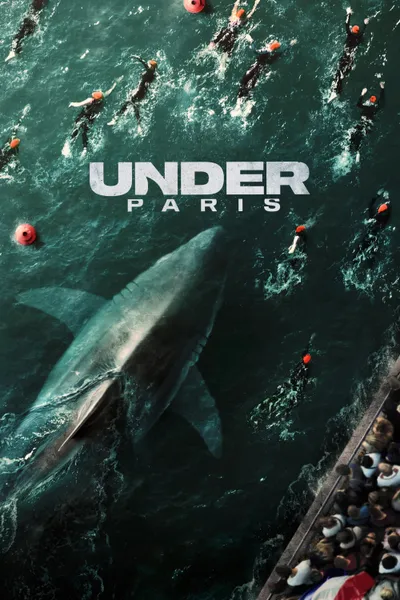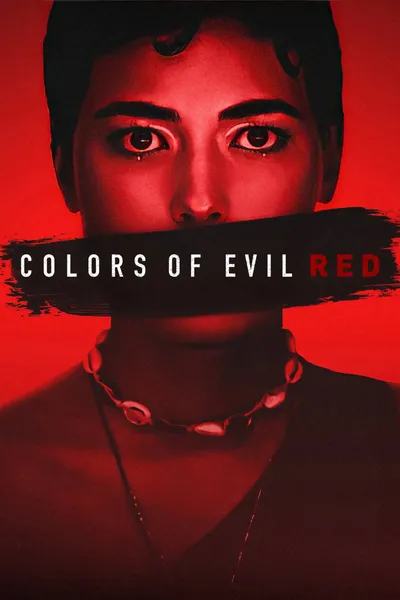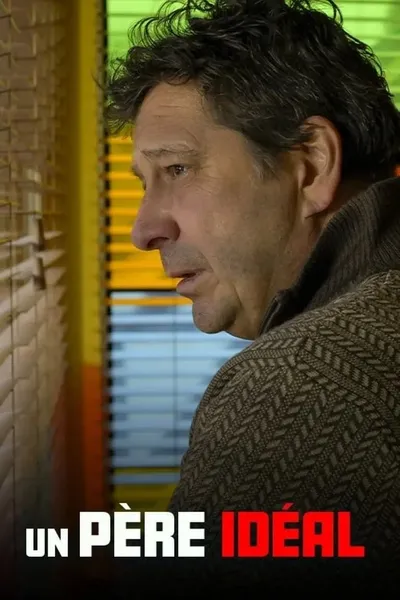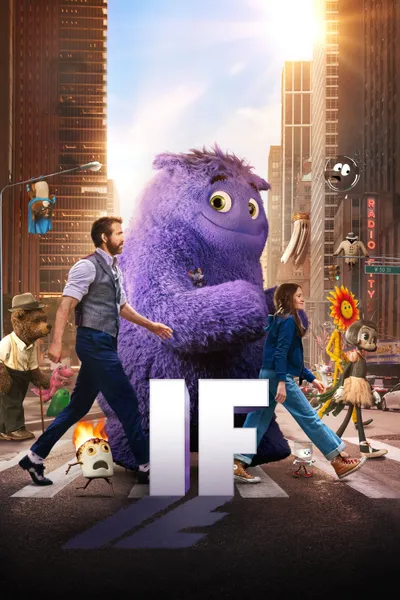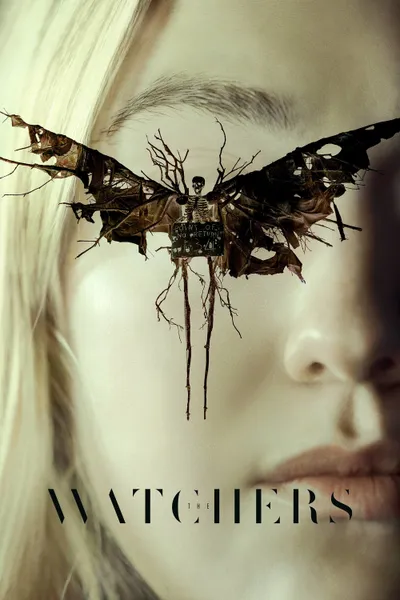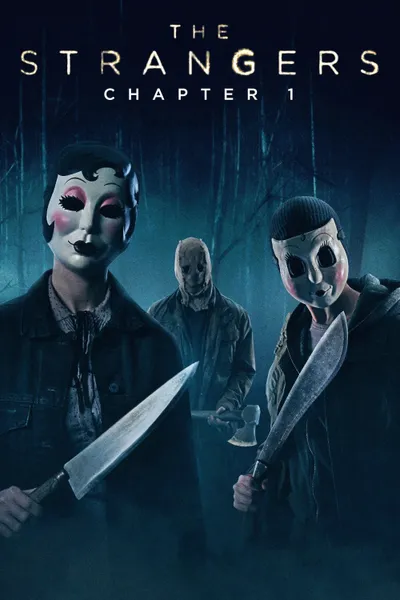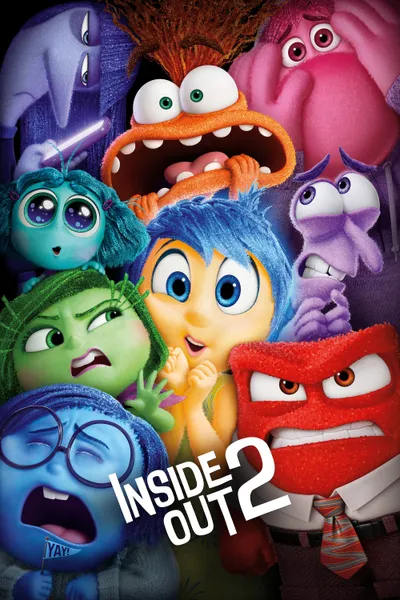Reviews
MovieGuys
June 6, 20245.0
Under Paris is rather ridiculous French Jaws wannabe.
Whilst this production is loaded down with the predictable woke tropes I've come to expect from Netflix productions, what really caught my attention was how idiotically implausible the story is.
In the opening scene a group of male divers is tasked with investigating predation at a oceanic rubbish site, that's ensnared dolphins and other dead, sea life. Sharks soon turn up leading to the presence of a female shark, the scientific group have been monitoring.Inexplicably the shark has essentially doubled in size, leading their all knowing female boss to ask the divers to take "a sample" from the monster for study, rather than following the sane and reasonable path of fleeing in terror. Predictably, the shark doesn't take this treatment too well and eats the divers. At this point our intrepid female lead having just witnessed the horrific attacks on her research ships monitors, dives into the water, to confront the monster with a spear gun, that would hardly scare a large Tuna.
Without spoiling things for those who want to watch this, it doesn't get any better from here on in. Really if you are going to make a film of this kind, is it truly that hard to make it, at least, a little believable?
The acting is alright, as are the action sequences but the sense of "terror" found in Jaws is largely absent. The key ingredient that drives, what is essentially a monster movie, forward.
In summary, sinks beneath its own unbelievable story and bland exposition. If you really want a oceanic monster film, try Jaws instead.
Louisa Moore - Screen Zealots
July 17, 20245.0
Diving headfirst into the genre with all the enthusiasm fans could hope for, the horror / disaster film “Under Paris” is sometimes campy and often ridiculous, but also stands out as a solid entry in the niche of killer shark flicks. It may not be a great film by conventional standards, but this one is not going to disappoint with its willingness to take the premise everywhere fans of creature feature cinema will want it to go.
Set in current day, the city of Paris is getting ready to host the World Triathlon Championships on the Seine. They’re expecting a large number of athletes to compete by swimming in the famous river, but there’s a big, big problem. Sophia (Bérénice Bejo), a brilliant marine scientist with a tragic past, learns from environmental activist Mika (Léa Léviant) that there is a large shark living deep in the river. In order to avoid a literal bloodbath, they join forces with the Seine river police commander Adil (Nassim Lyes) to stop the potential carnage.
It’s actually a pretty great premise, even if the science behind the narrative is (mostly) laughably implausible. While entertaining, the story gets bogged down under its over-the-top ecological messaging. The film is preachy about global warming and how humans are the real enemy, so much so that it can sometimes feel like it’s a project sponsored by Greenpeace. But there’s something admirable about director Xavier Gens‘ commitment to his message, and it adds a layer of sincerity to what is a creatively dumb premise.
The movie strikes a nice balance between classic horror and a disaster story, bridging the two in a satisfying way. It has its dumb B-movie moments (including corny, stating-the-obvious dialogue like “There are sharks in Paris!“), but Gens avoids the outright stupidity of franchises like “Sharknado.” It’s absurd, but also delivers plenty of suspense and thrills.
The action scenes are a mixed bag, with effects that feel very low budget. There’s a goofy shark fin that sticks out of and races through the river, and murky underwater shots dilute much of the action. But there are also bloody, gruesome shark attacks that seem very realistic, and the makeup department has created horrific images straight out of a nightmare.
If you can stick with the slower parts of “Under Paris,” you’re going to be rewarded with a surprisingly great ending. Dumb yet creative, preachy yet thrilling, the movie takes its outlandish premise to all the places that fans of the genre will appreciate.
By: Louisa Moore / SCREEN ZEALOTS
Recommendation Movies
Trigger Warning2024
Kali: Avenging Angel2024
The Good Teacher2024
Bad Boys: Ride or Die2024
A Little Something Extra2024
Atlas2024
Colors of Evil: Red2024
Godzilla Minus One2023
All-Time High2023
Autumn and the Black Jaguar2024
An Ideal Father2024
Mobile Suit Gundam SEED FREEDOM2024
The Price of Nonna's Inheritance2024
How to Rob a Bank2024
IF2024
Bionic2024
The Watchers2024
The Strangers: Chapter 12024
Inside Out 22024
Monster's Battlefield2021
© 2024 MoovieTime. All rights reserved.Made with Nuxt
